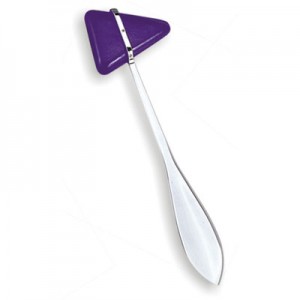 A Neurology Attending’s Perspective:
A Neurology Attending’s Perspective:
From an interview with a neurology attending at the University of Michigan, Ann Arbor.
Part of an interview series entitled, “Specialty Spotlights“, which asks medical students’ most burning questions to physicians of every specialty. See what doctors from every specialty had to say about why they chose their specialty and how to match in their residency.
- How competitive is the neurology match?
Fairly competitive for the top programs, but there are enough good programs that most good students should match well. Average programs and lower tend to fill with foreign medical graduates, so overall the competition is probably below average.
- What are residencies looking for in a neurology applicant?
- What do you wish you knew before application/interview season?
Even though it is less-competitive overall, it IS competitive for the top programs, so don’t be cocky. And remember—ALL residencies just want someone who really, really REALLY wants to learn and take care of patients.
- What should students look for in a neurology residency?
There MUST be an ICU experience of some sort, where you take care of neurological emergencies. There must be a mix of strong outpatient clinics,neurological consults, and inpatient neurology. I cannot imagine how you can become a neurologist in a place that only does consults, and not have your own patients.
- What other advice do you have for students applying to neurology residency?
To be completely honest, a lot of people make fun of neurology…right up until the point that they need you. And you know what? Everybody always eventually needs you. Then they call you and are scared to death and you walk in like a hotshot and have all the answers. Patient’s seizing? Big deal. Acute stroke? tPA and let’s go. Mental status changes in a 85 y/o demented man with sepsis? Uh… sure, I’ll do that consult ( in like 3 MINUTES!!) Unexplained progressive weakness? Oh yeah, this is the fun part.
Editor's Note: Applying for residency or preparing for your interviews? I highly recommend First Aid for the Match
, The Successful Match: 200 Rules to Succeed in the Residency Match
, and The Residency Interview: How To Make the Best Possible Impression
.






 My name is Andrew and I am a first year resident training to be an ophthalmologist. I created ShortWhiteCoats to provide medical students, residents, and the public with all the information I spent so many hours looking for during medical school.
My name is Andrew and I am a first year resident training to be an ophthalmologist. I created ShortWhiteCoats to provide medical students, residents, and the public with all the information I spent so many hours looking for during medical school.








